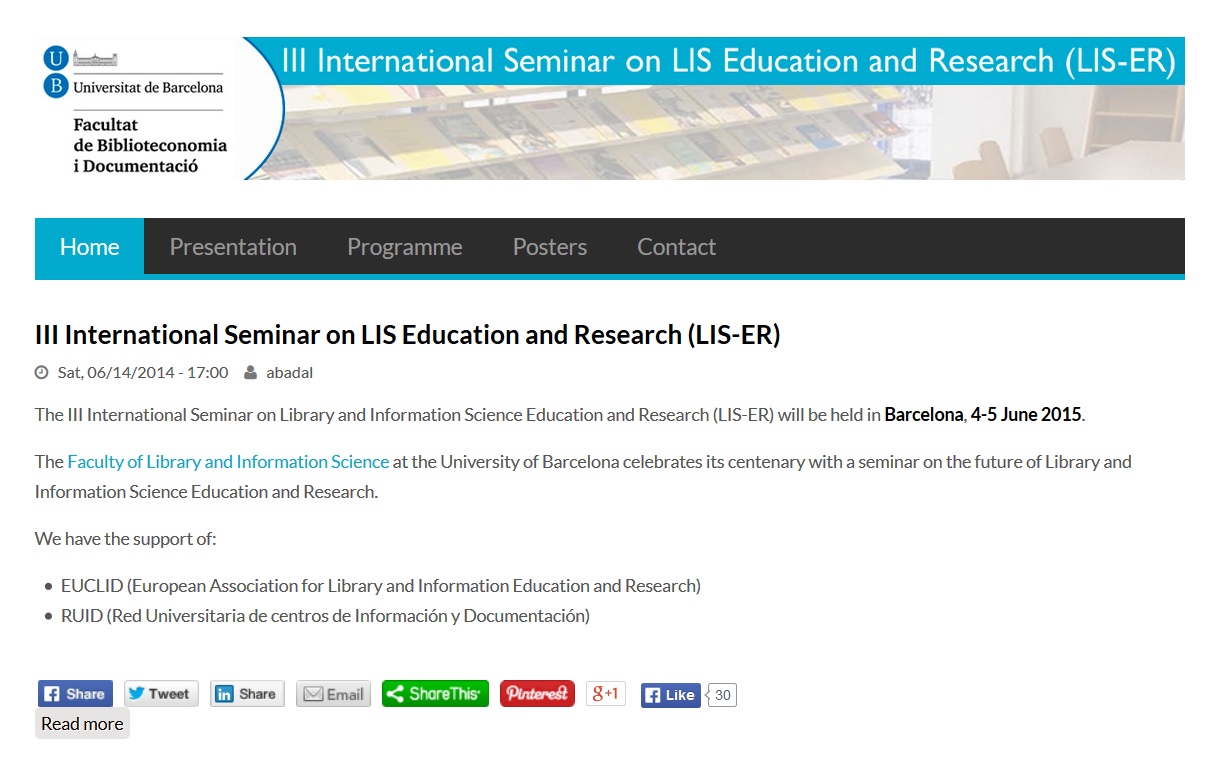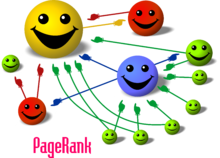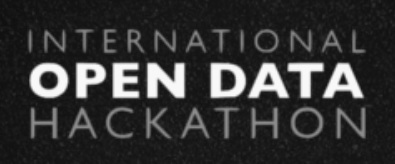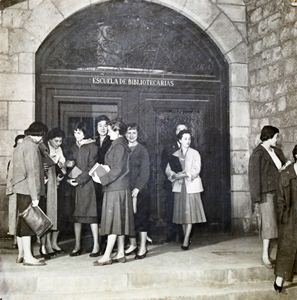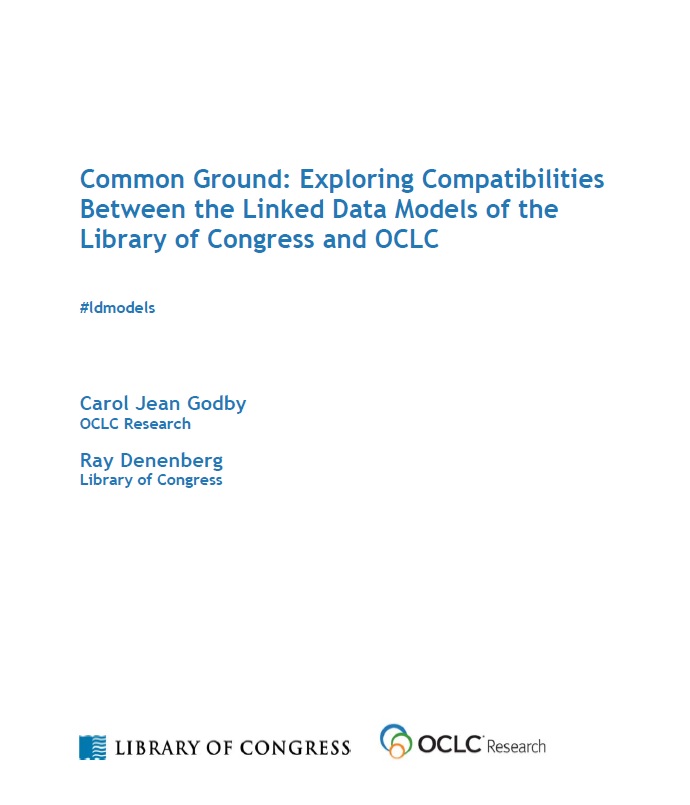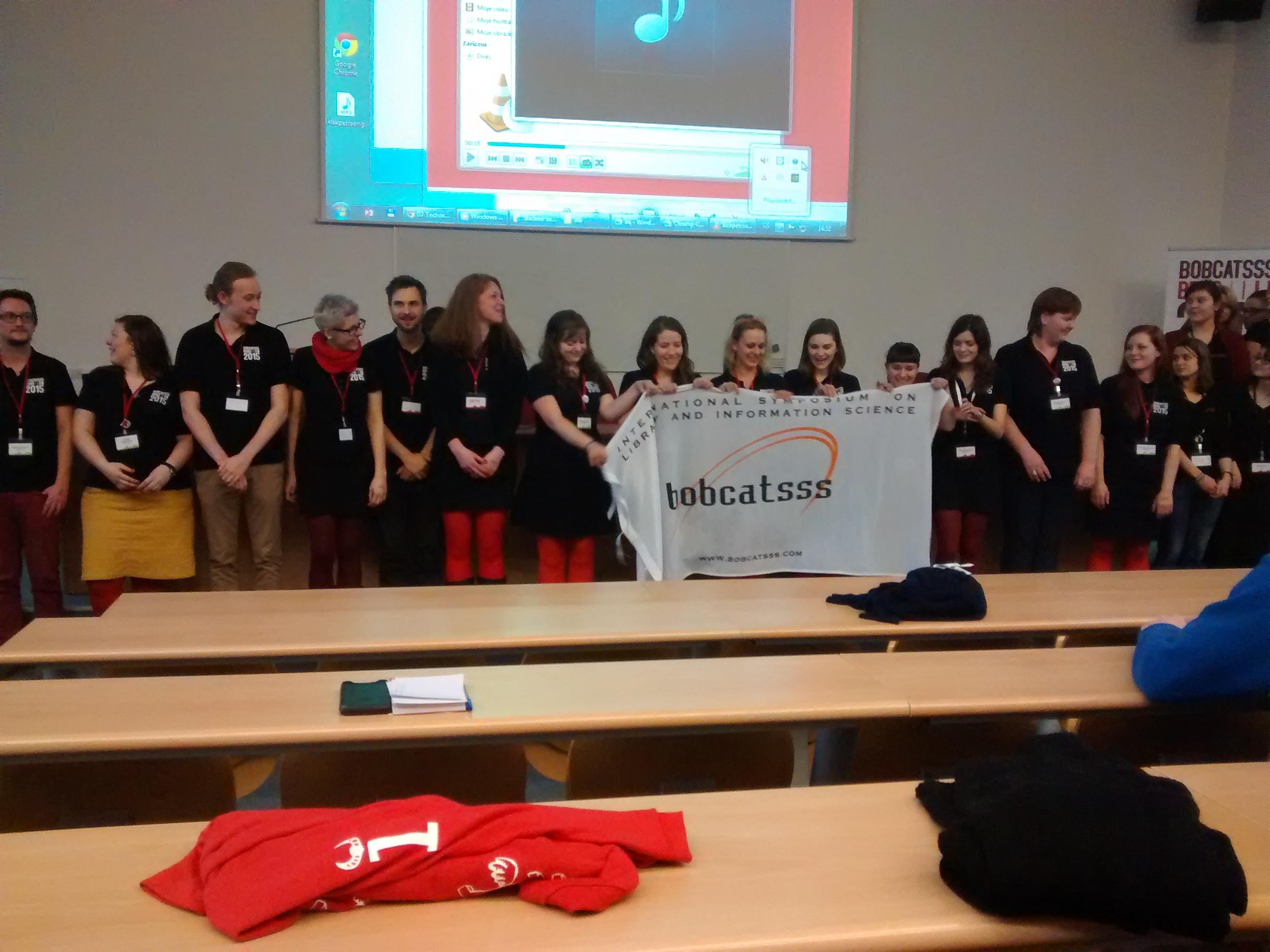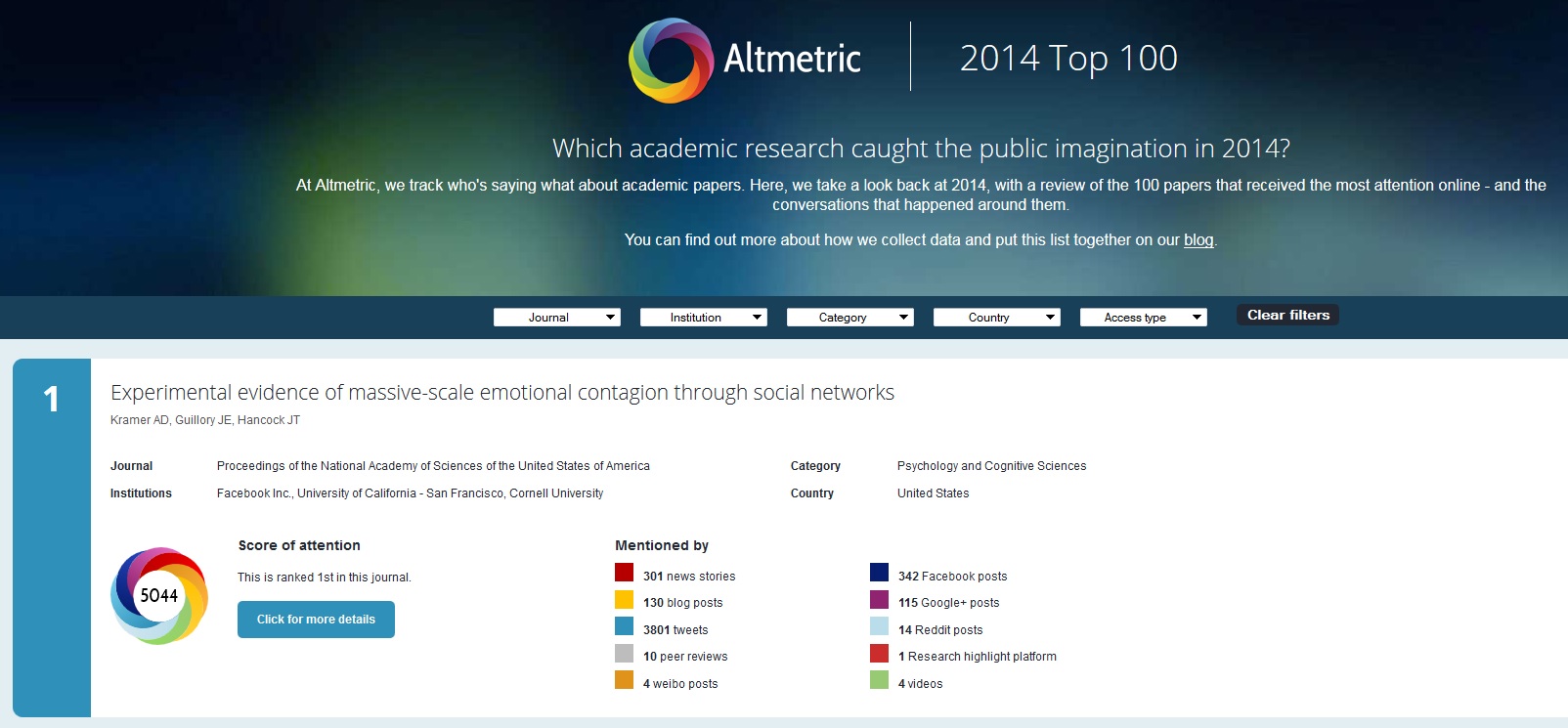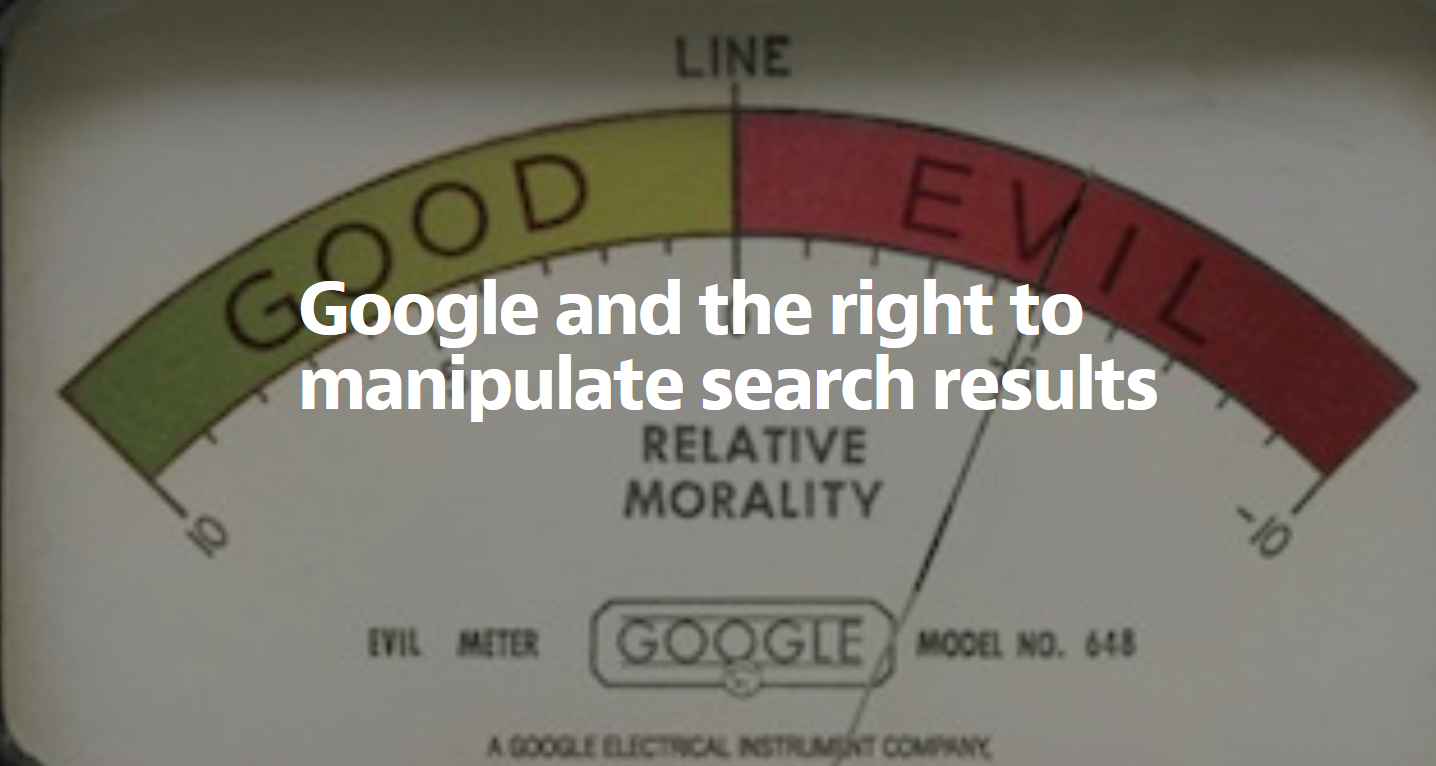III International Seminar on LIS Education and Research
Last week (4-5 June), the Faculty of Library and Information Science at the University of Barcelona organized the III International Seminar on LIS Education and Research (LIS-ER) during the celebration of its centenary (1915-2015).
The Seminar had the aims to bring together representatives from leading European and American LIS schools to “discuss together the challenges faced by our field and to take a major step forward in our shared analysis and in our strategic planning”.
We could hear Blaise Cronin speaking about "A field in flux", Cristóbal Urbano exposing “Some research questions to frame a European Union overview on LIS research” and Roderic Guigó explaining “What scientists do with research data?".
We also could enjoy of several round tables focused on discussing the LIS education in Europe and in America, challenges of LIS research and the future of the LIS academic journals.
Special mention to the 40 posters what were presented and exhibited, and that attracted great interest from attendees. During the Seminar attendees can vote to the best formal presentation and the best content, that respectively were 10 things to consider in doing an internship in LIS of Carolina Rozo Higuera and Challenges to adapt library services to Horizon 2020 of Beatriz Benítez-Juan and Consol Garcia-Gómez.
Enjoy it!
Andreu Sulé
University of Barcelona

